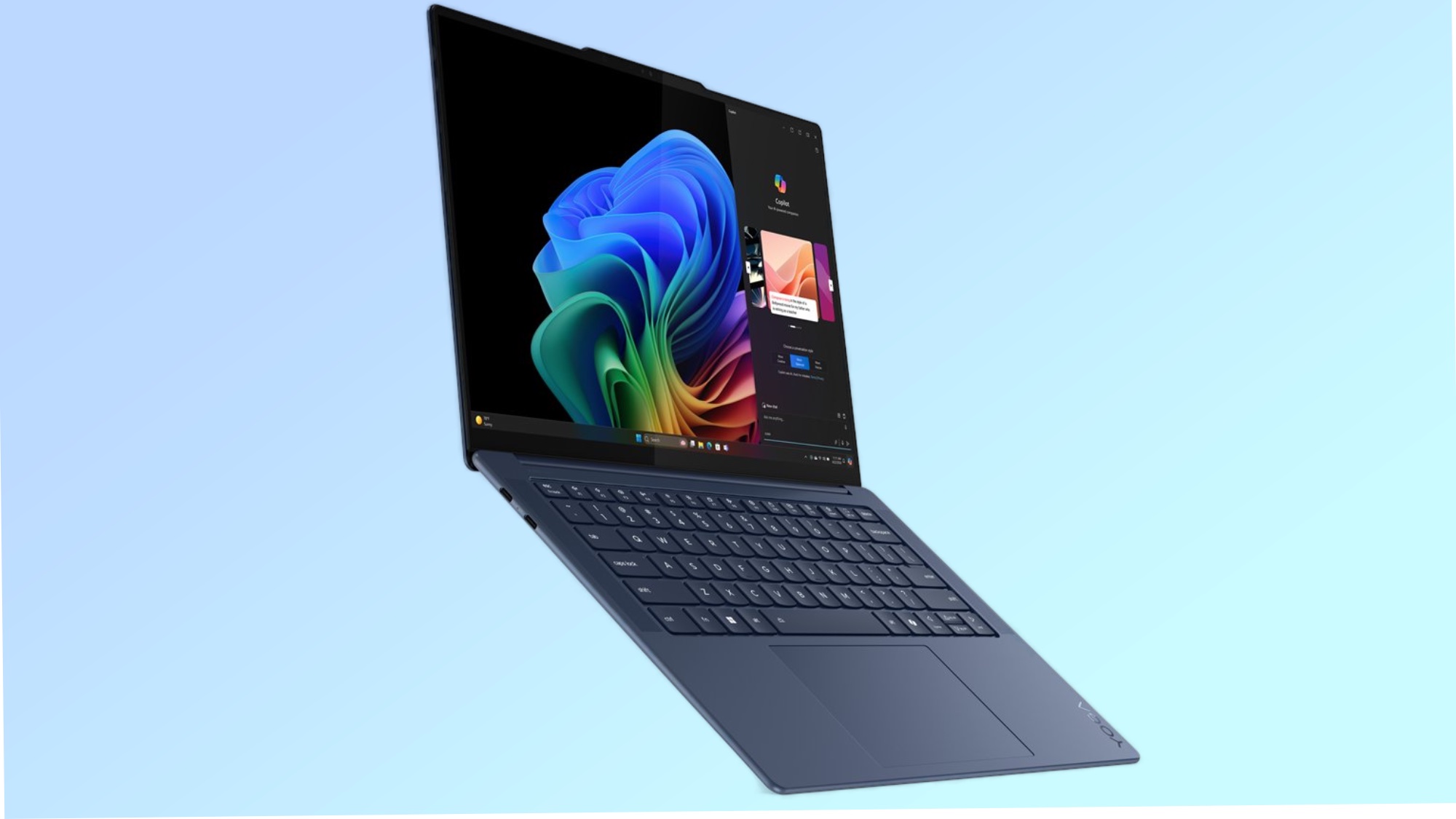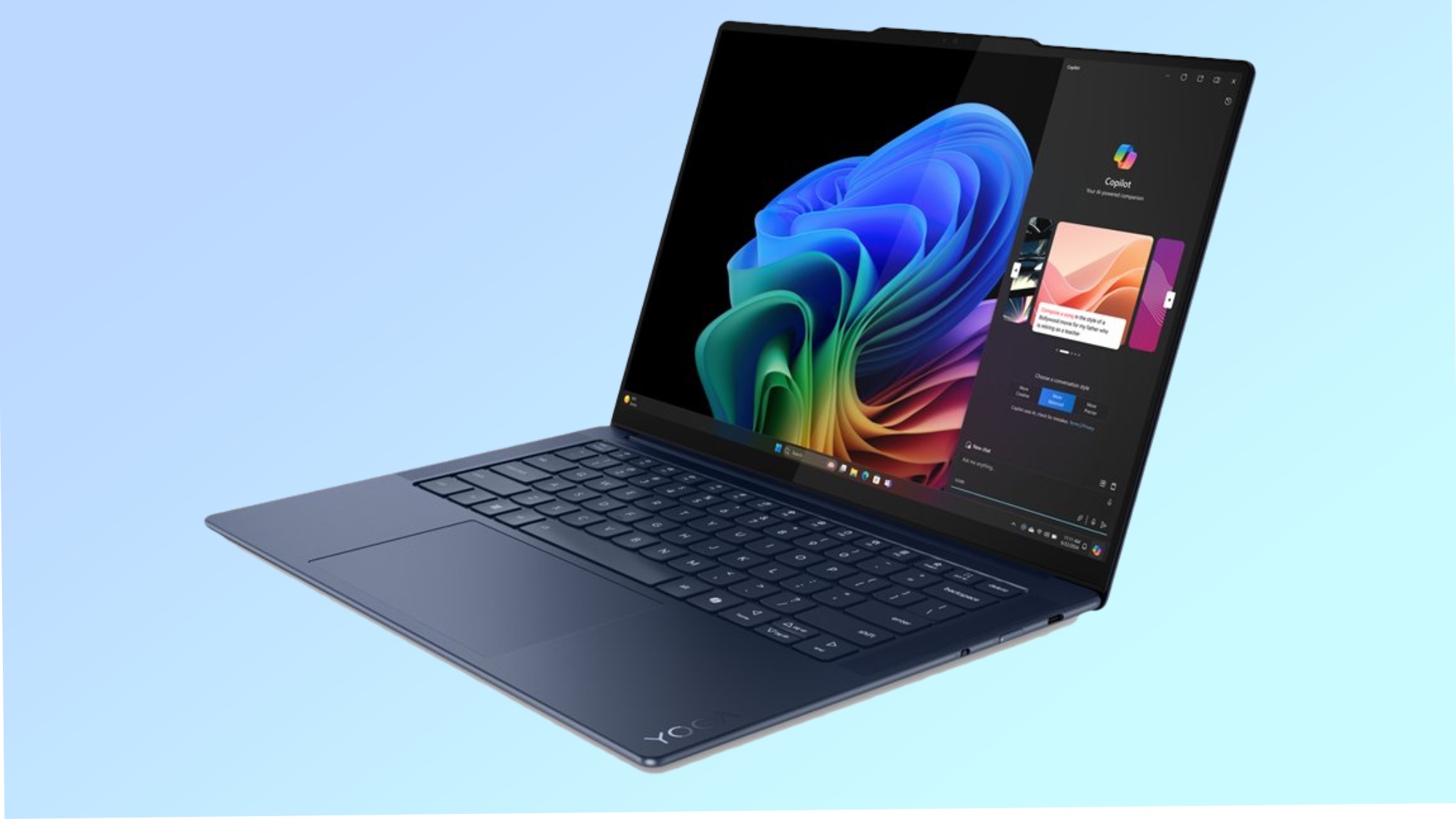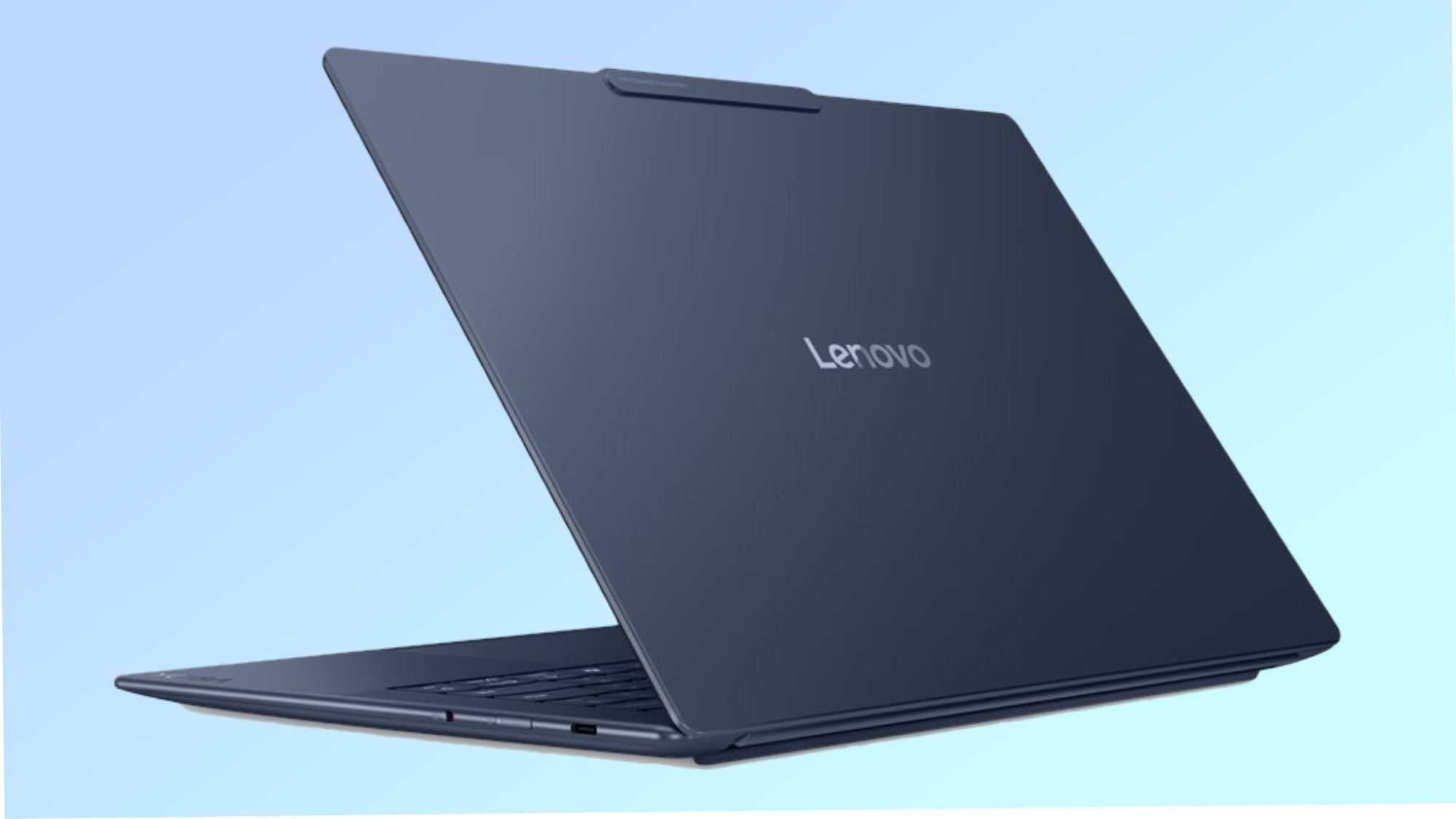
Meet the Lenovo Yoga Slim 7 Snapdragon Edition: one of the first generation of Windows laptops that packs Qualcomm’s Snapdragon X Elite chipset. We’re certainly excited about the performance potential (in our own testing, it’s proving to be faster than Intel, AMD, and even Apple M3).
Pair that with the slim, sexy chassis, there's a very real chance that this could be the ultimate M3 MacBook Air killer. Compared to the Intel version of this machine, not much looks different when casting your eyes over these leaks from WalkingCat (@_h0x0d) for the first time. But you may notice that something is missing here.
Yoga Slim 7 14(.5) 2024 Snapdragon Edition pic.twitter.com/k29LupeWk6April 17, 2024
RIP(orts)

Looking across the hardware here, you’re getting the same 14.5-inch display as the Intel model with 16:10 aspect ratio, a webcam shutter switch and power button on the side, and to give it a slight edge over the Intel counterpart, an additional USB Type-C socket.
However, there seems to be three key omissions here when looking at the I/O array — namely the HDMI 2.1, USB-A and 3.5mm headphone jack are nowhere to be found. This is a bit of a head scratcher (particularly scrapping the audio connector), as while companies have gotten away with doing this on phones, laptop users have been especially resistant to this change being made on larger work machines like these.
Too sleek for its own good?

I get that laptop makers want to make their Snapdragon X Elite laptops sleeker than their Windows counterparts, but seeing this first design is a bit of a surprise considering what Qualcomm CMO Dom McGuire told Tom's Guide in a recent interview.
“I think that what you’re gonna see in this first phase is traditional chassis along the brand lines that these PC OEMs have already established,” McGuire said. “So a Surface Pro is still a Surface Pro, and Lenovo Yoga will continue to be a Yoga.”
In discussing what the Snapdragon X Elite will do to impact the design of laptops, he’s looking forward to the creativity being unleashed “once we get through this first phase,” which ends after the “back to school holiday.” That’s great and all, but I beg of OEMs — please don’t scrap the ports that are important to users.
We can only hope that the Microsoft Surface Laptop 6 and Surface Pro 10 (predicted to launch at Microsoft Build to consumers with the X Elite) don’t suffer the same fate. They’re already starved of ports as it is!







